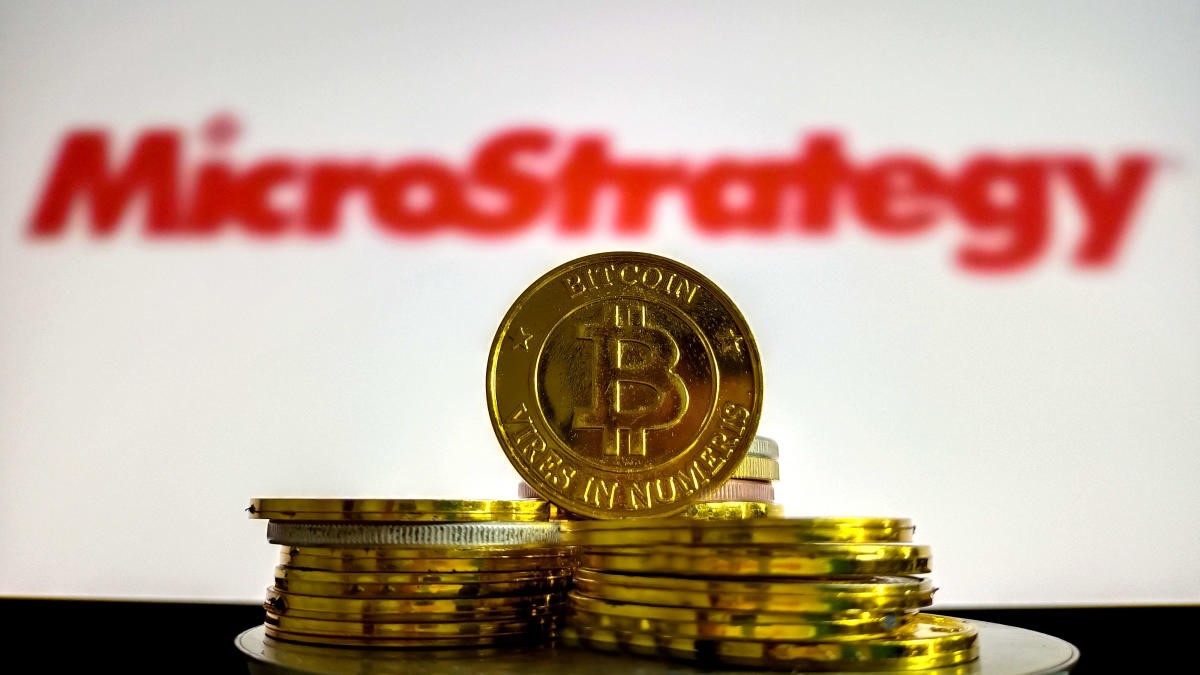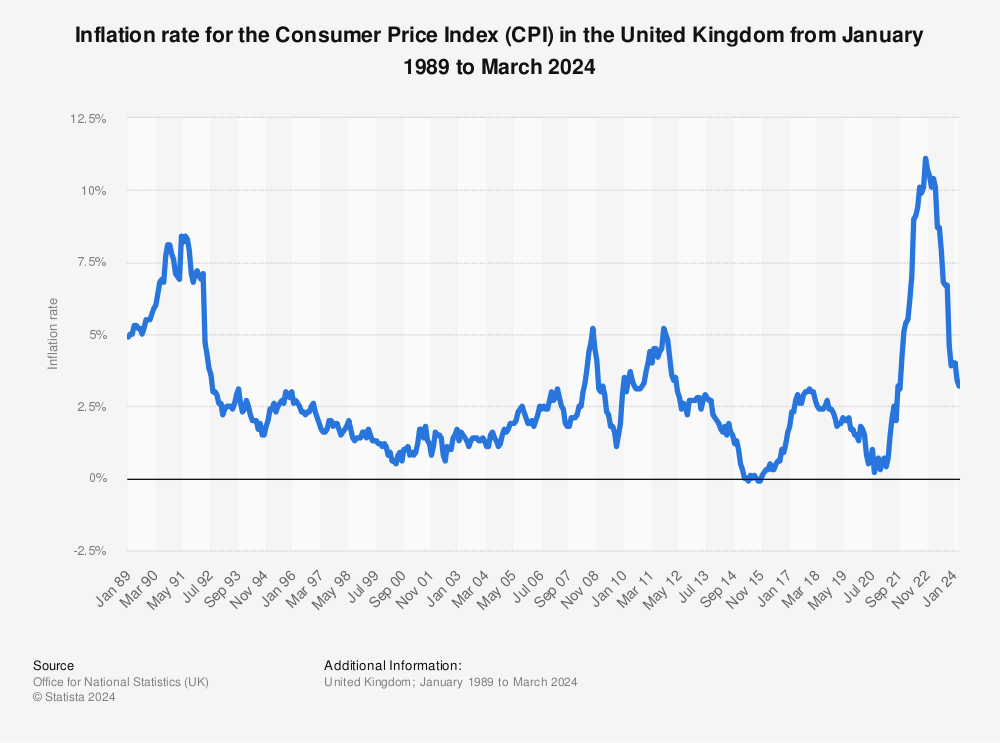Hold onto your hats, folks! South Korean politics just threw a massive curveball. Kim Woon-soo has had his presidential candidacy reinstated after a dramatic party member vote rejected attempts to replace him. Let that sink in – the establishment tried to pull the rug out, and the base said absolutely not.
This isn’t just about one candidate; it’s a stark display of power dynamics within the ruling People Power Party. The party faithful have spoken, and their message is crystal clear: they’re sticking with Kim Woon-soo. The unexpected turn of events clearly showcases the tensions and strategic maneuvering within the party.
Now, former Prime Minister Han Duck-soo, recently elevated to party leader, is gracefully bowing to the will of the people (and the party members). He’s publicly endorsing Kim, and hoping for a victory. But this is far from a smooth path.
Let’s dive a little deeper into the South Korean political landscape. South Korea operates a presidential system, where the President is both head of state and head of government. The role is hugely influential.
Party primaries are the critical first step. They determine which candidate truly represents the party’s core ideology and has the broadest support amongst the members.
This situation highlights the importance of grassroots engagement. The recent vote suggests a strong desire for stability and continuity within the People Power Party, directly impacting the upcoming election.
And what does all this mean for the broader election? Expect a much more competitive race. This reinstatement injects a new level of unpredictability. It’s going to be a nail-biter, folks!







